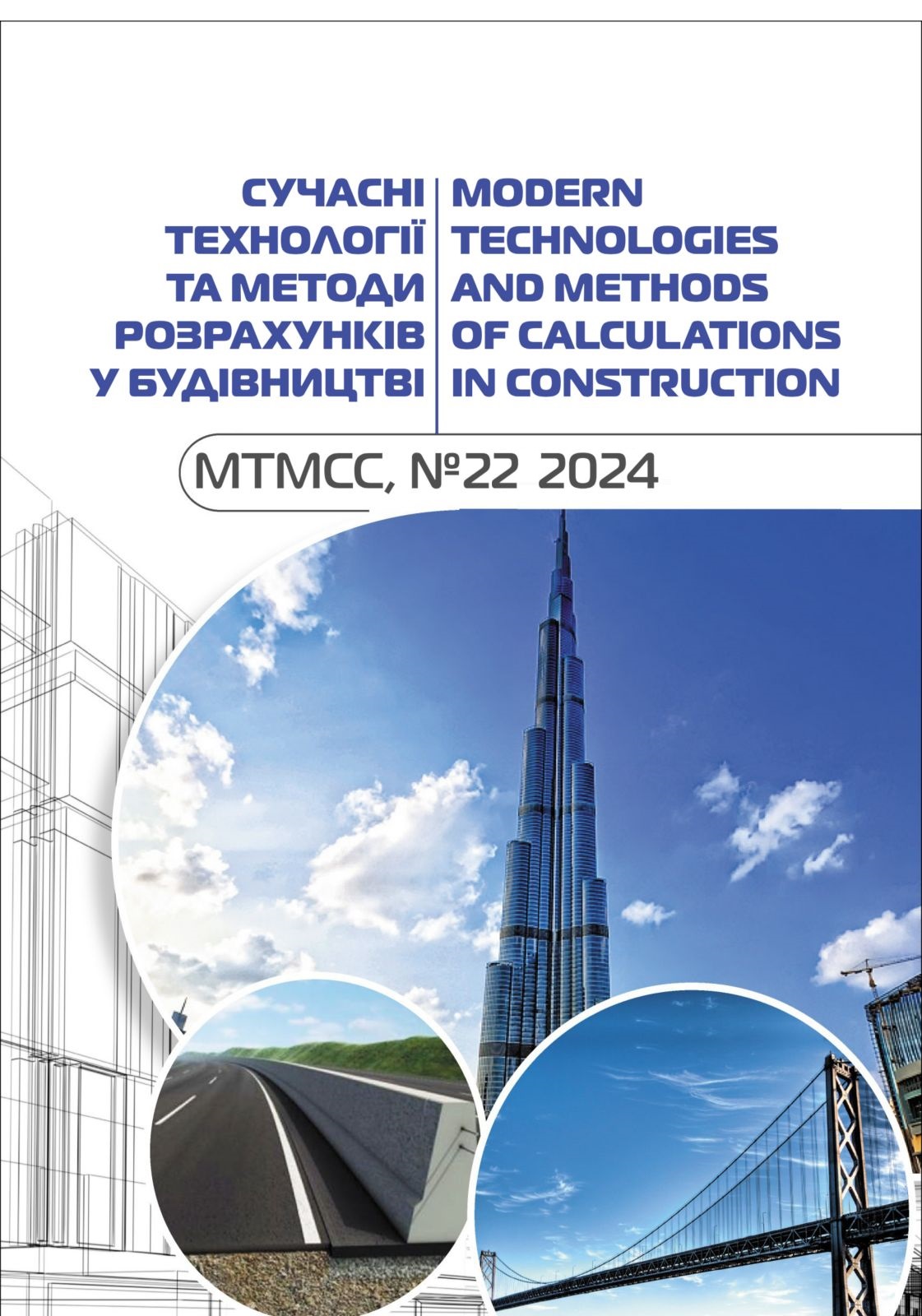Increasing wood strength through autoclave impregnation with linseed oil
Abstract
Wood, due to its high strength characteristics, aesthetic and other parameters, does not lose its relevance in use until now. However, due to the influence of aggressive environments, biological and atmospheric adverse factors, the characteristics and terms of effective operation of wood are reduced. For more effective use of wood, it is necessary to improve its physical and mechanical characteristics.
One of the ways to improve the physical and mechanical characteristics of wood and prolong the terms of its effective operation under the influence of aggressive environments, biological and atmospheric adverse factors is modification by impregnation with an impregnate - a substance that, penetrating into the pores of wood, improves its characteristics. Materials for impregnation - impregnates have also been studied quite widely. Substances are used for impregnation, which are classified by origin. Each group of materials for impregnation has certain inherent advantages and disadvantages. Existing methods of autoclave impregnation of wood, which ensure the maximum depth of penetration of the impregnate and the speed of its drying (polymerization), have been analyzed. This paper presents the results of a theoretical analysis of methods and techniques for impregnating wood to enhance its compressive strength along the grain. The use of a linseed oil-based impregnating agent via a two-stage "pressure-vacuum" process is substantiated. Experimental studies were conducted on the impregnation of pine, birch, and spruce samples using the proposed agent and justified method. Based on mechanical tests of wood samples subjected to short-term compressive loads along the grain under rigid conditions, an increase in the strength of wood impregnated with the proposed agent and modification technology was determined.








